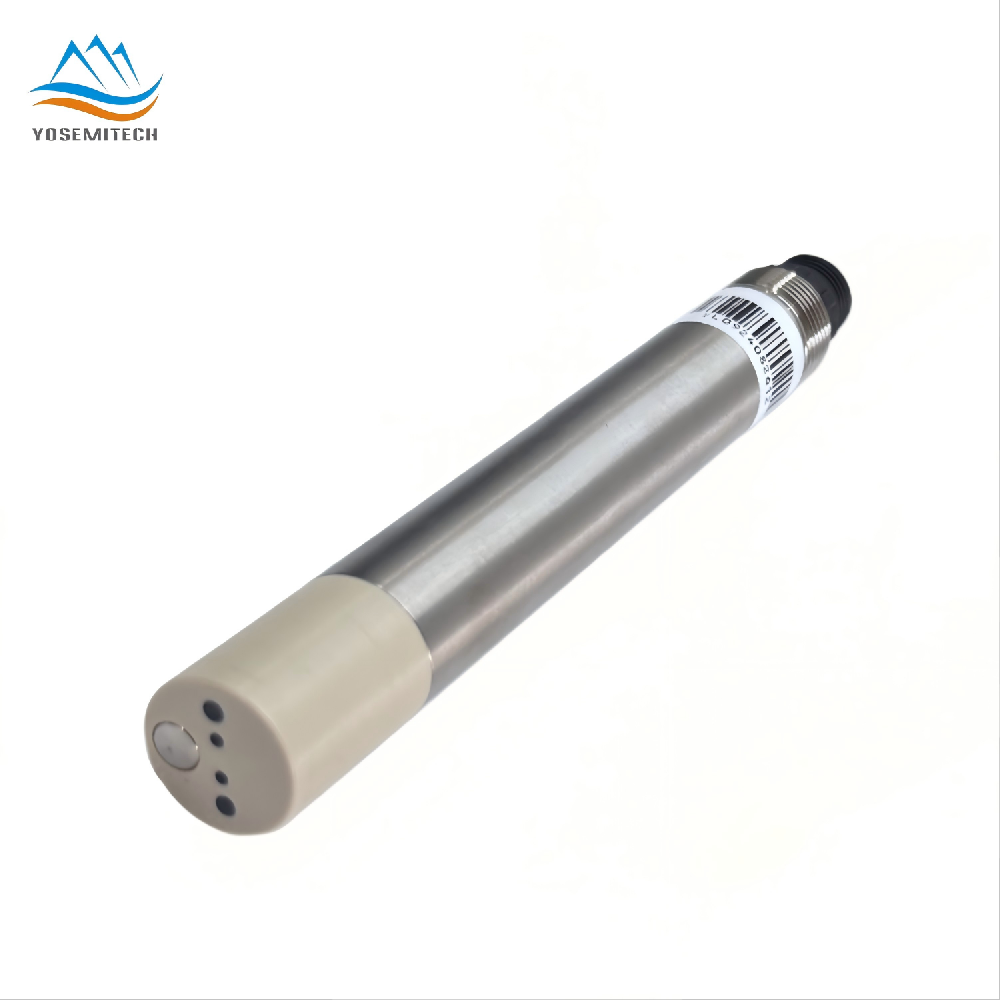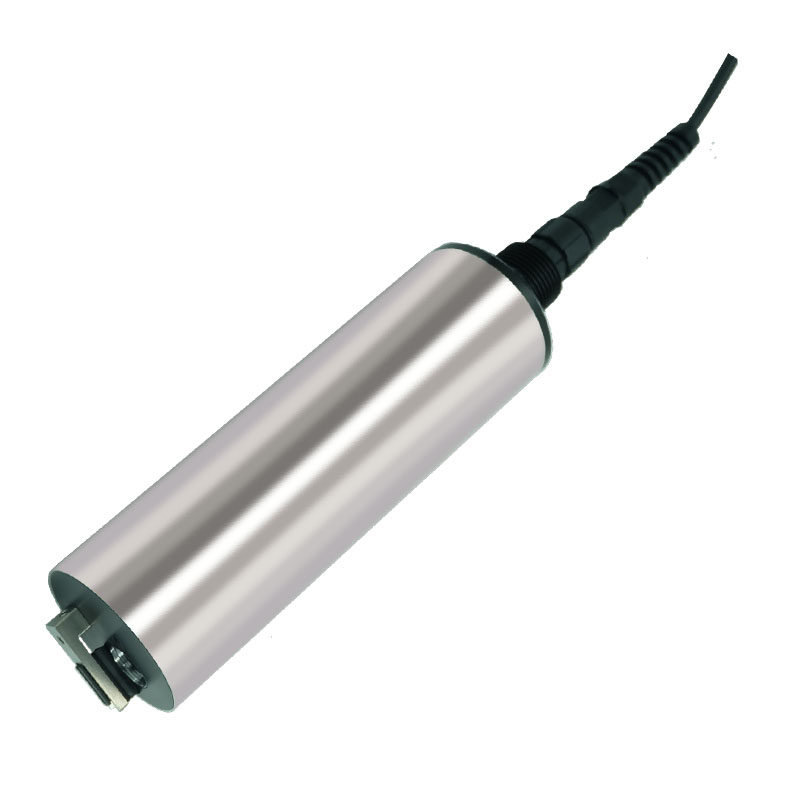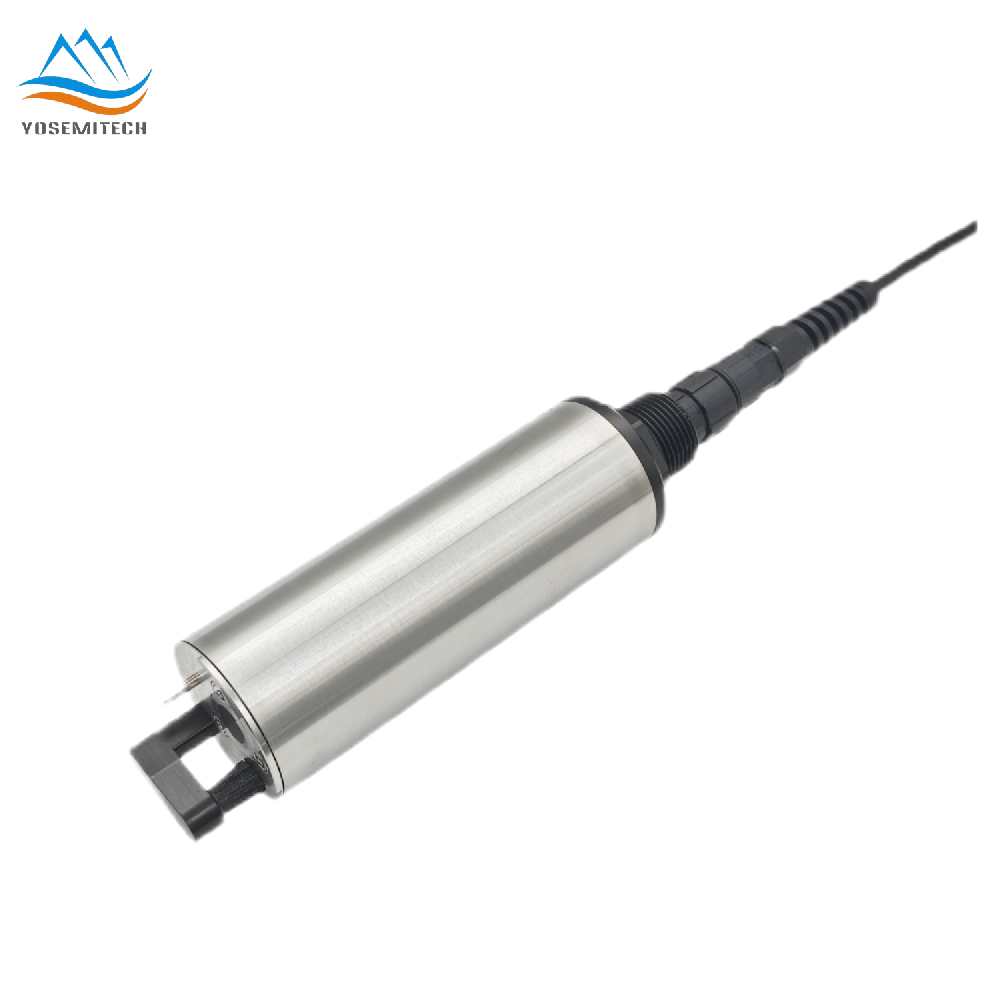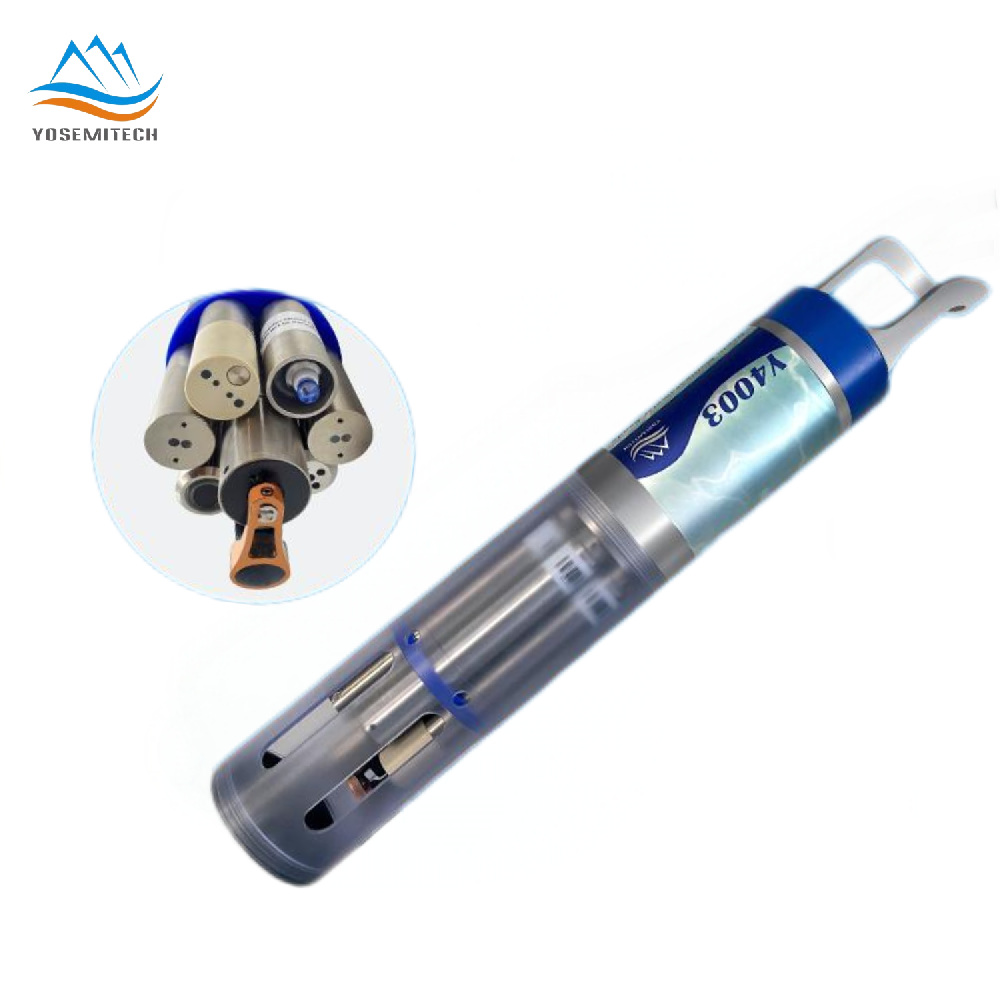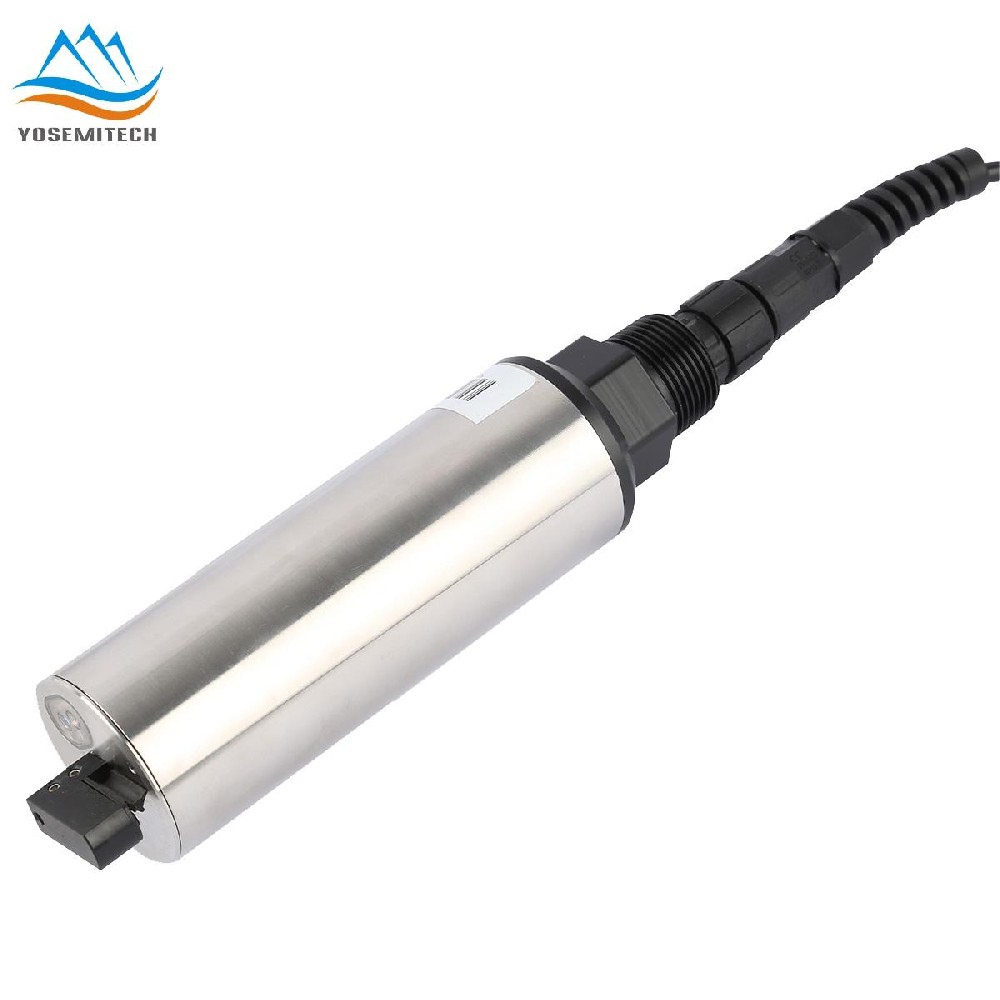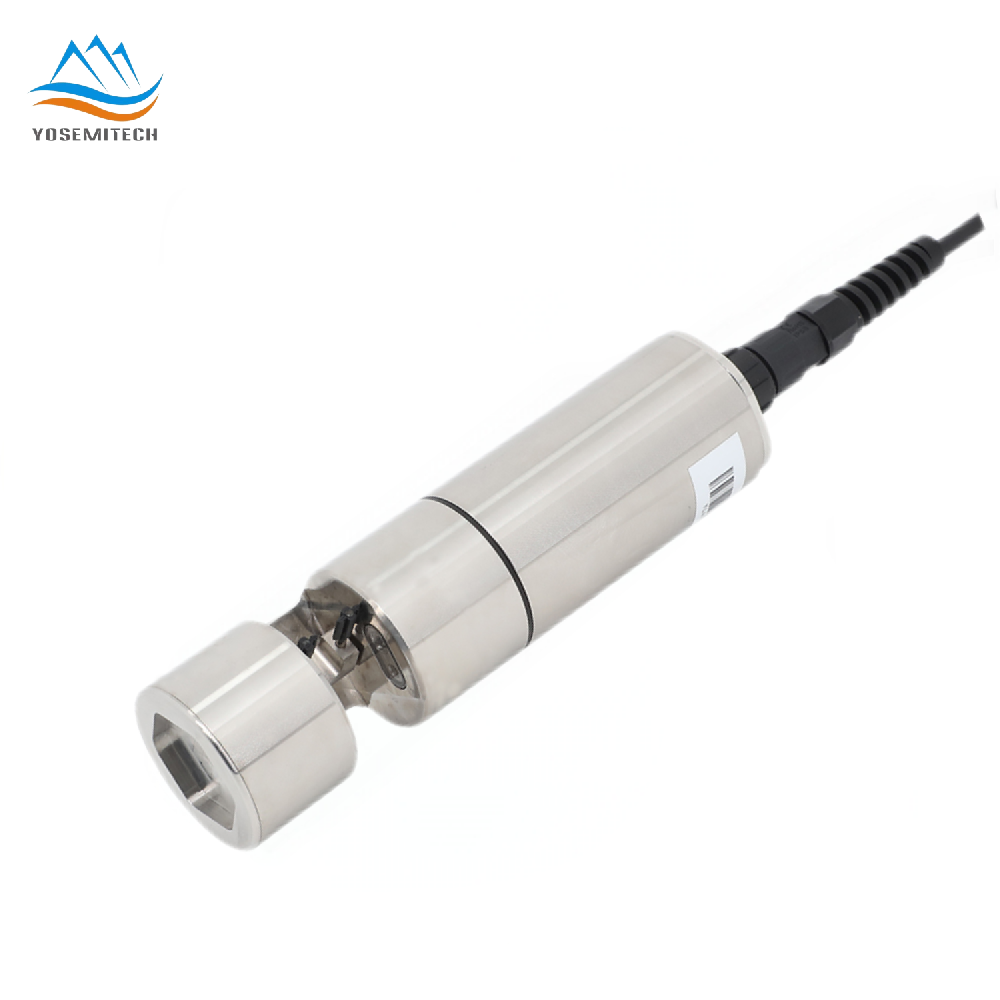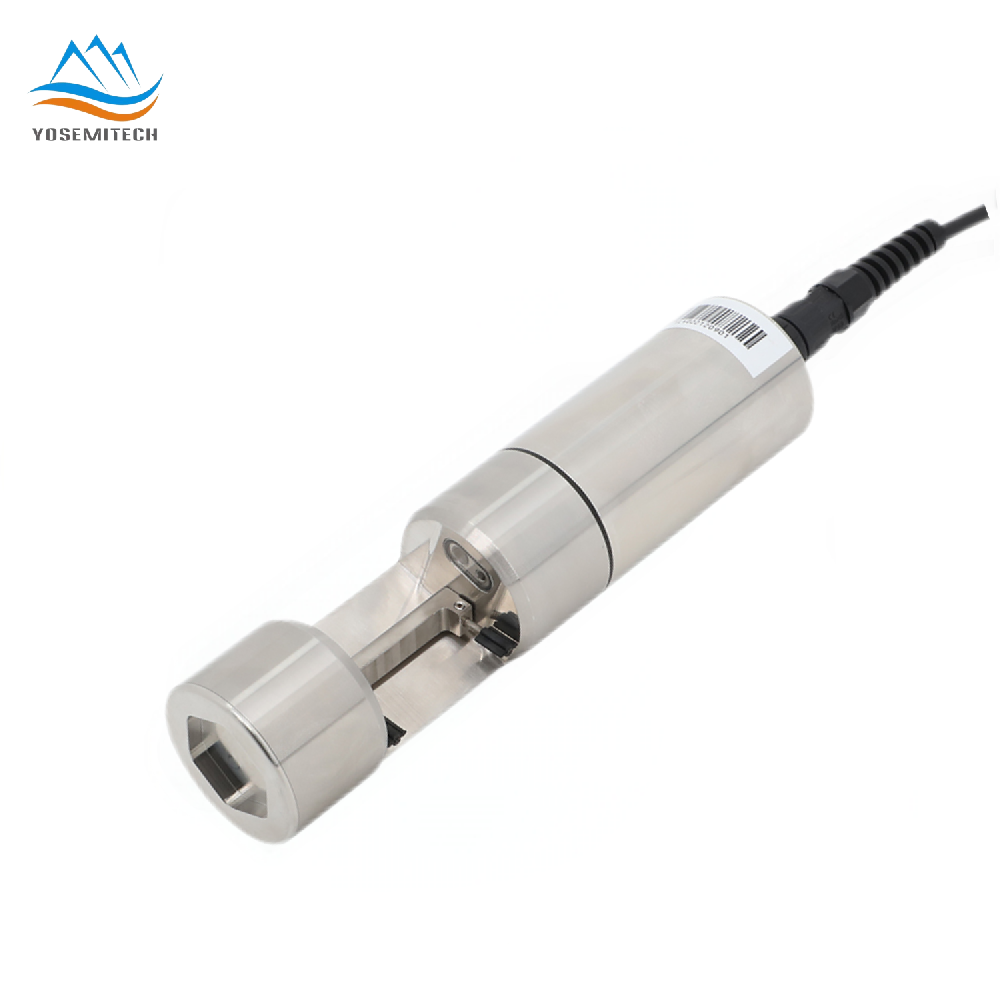Industry news
TSS in Wastewater
Writer: admin Time:2024-06-05 09:34:17 Browse:1459℃
1. What is TSS?
Total Suspended Solids (TSS) is the dry weight of solids that have been filtered out of a fluid. The pieces that contribute to a solution's total suspended solids concentration come from a range of sources, including sediment, silt, sand, algae, bacteria, industrial waste, and air pollution. TSS is an important parameter for water quality monitoring and wastewater treatment. High TSS levels can reduce light penetration in water, affecting photosynthesis in aquatic plants. It can also transport impurities such as heavy metals, diseases, and fertilizers, so decreasing water quality.
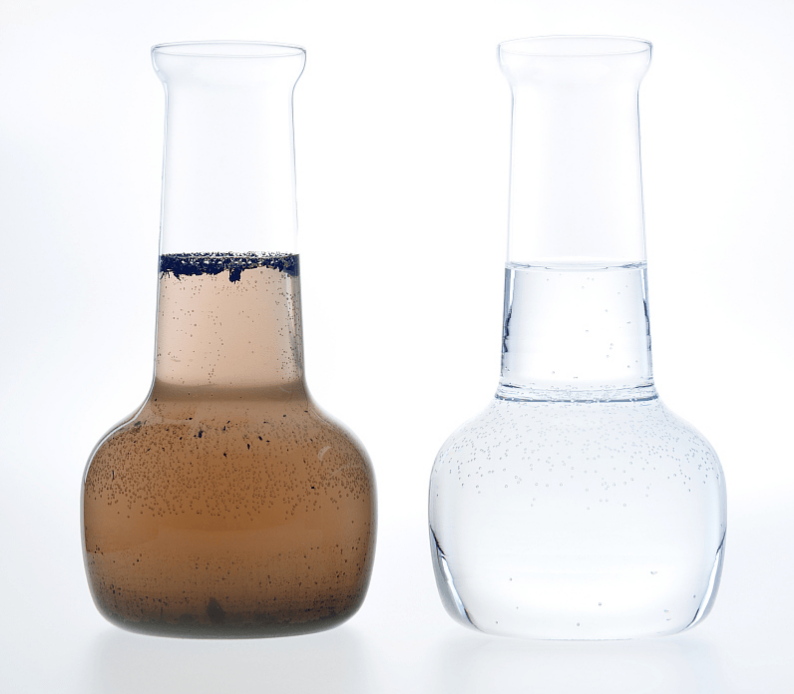
2. Effects of High TSS in Water
High levels of total suspended solids in drinking water or wastewater can have an influence on both the environment and human health.
In terms of water quality, excessive TSS can lower natural dissolved oxygen levels and raise water temperatures. This may hinder aquatic animals like small fish from surviving. TSS may also block sunlight, halting photosynthesis, reducing plant viability, and further lowering water oxygen content.
Total suspended solids in drinking water may also have an impact on human health, depending on the issue at hand. Bacteria and algae, for example, can cause gastrointestinal problems, and pollutants like metals can have major health consequences, including death. Some typical TSS, like as sand and silt, may not be dangerous to humans, but they might cause cosmetic issues with pipes, plumbing, fittings, and water-based devices in the home.
video from @AskAboutSolutions
3. How to measure TSS?
Total Suspended Solids (TSS) sensors are devices used to measure the concentration of suspended solids in a liquid, typically in wastewater, industrial effluents, and natural water bodies. These sensors provide continuous, real-time data. TSS usually uses the principle of infrared scattering method.
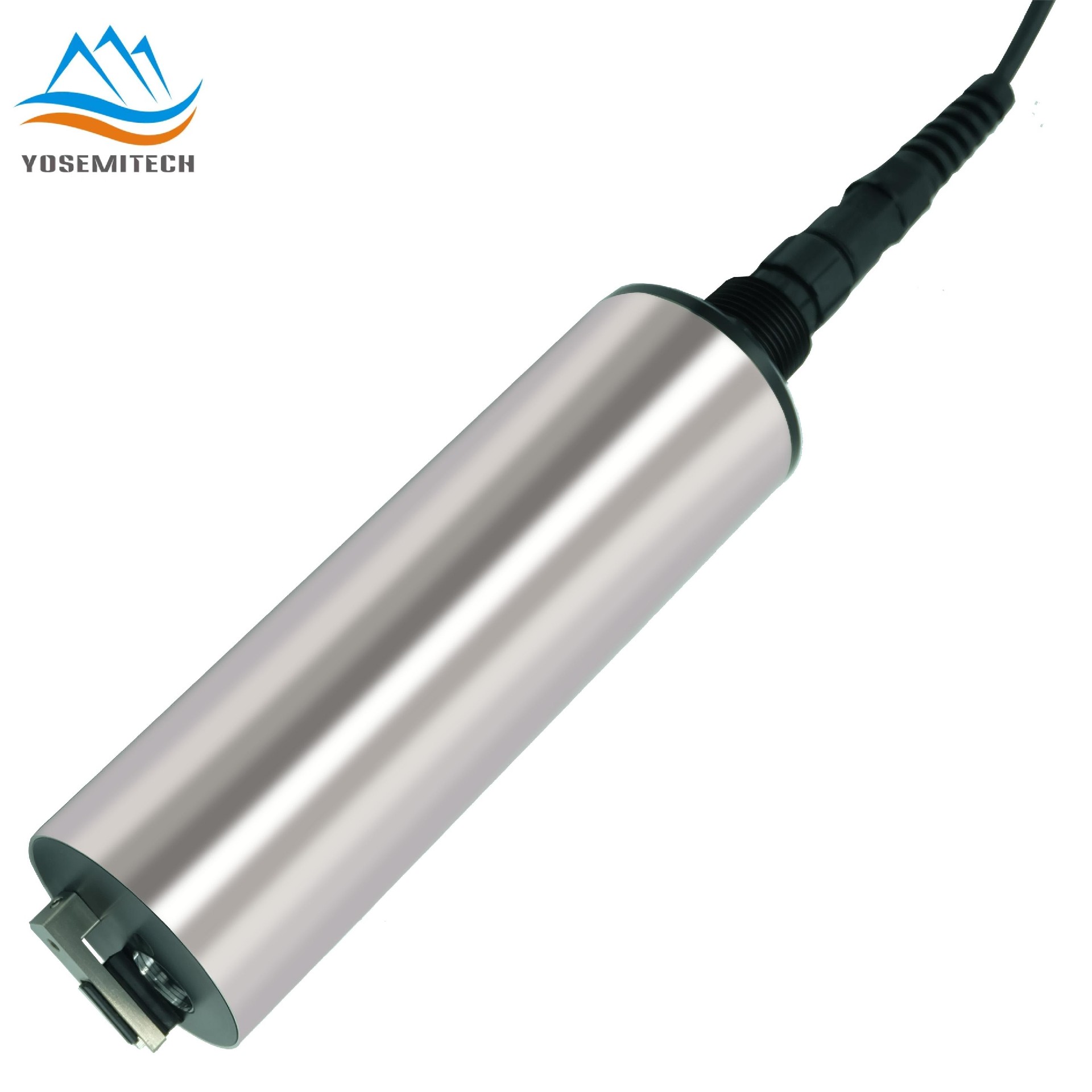
FAQs:
1. What is the difference between TDS and TSS?
TDS (Total Dissolved Solids) refers to the concentration of dissolved substances in water, while TSS (Total Suspended Solids) refers to particles suspended in water.
2. Why are TDS and TSS important in water quality testing?
Both parameters are crucial for assessing water purity, environmental health, and suitability for industrial or drinking purposes.
3. How is TDS measured?
TDS is commonly measured using a conductivity meter or by evaporating a water sample and weighing the remaining residue.
4. Can high levels of TDS affect human health?
High levels of certain dissolved solids can impact taste and potentially affect health, but most effects depend on the specific substances present.
CATEGORIES
CONTACT US
Yosemitech Technologies Co., Ltd
 +86 19984844080
+86 19984844080
 sales@yosemitech.com
sales@yosemitech.com
 Bldg,25,CECEP Industrial Park, No. 18 Dongchang Rd. Suzhou Industrial Park, Jiangsu Province,China 215126, China
Bldg,25,CECEP Industrial Park, No. 18 Dongchang Rd. Suzhou Industrial Park, Jiangsu Province,China 215126, China
